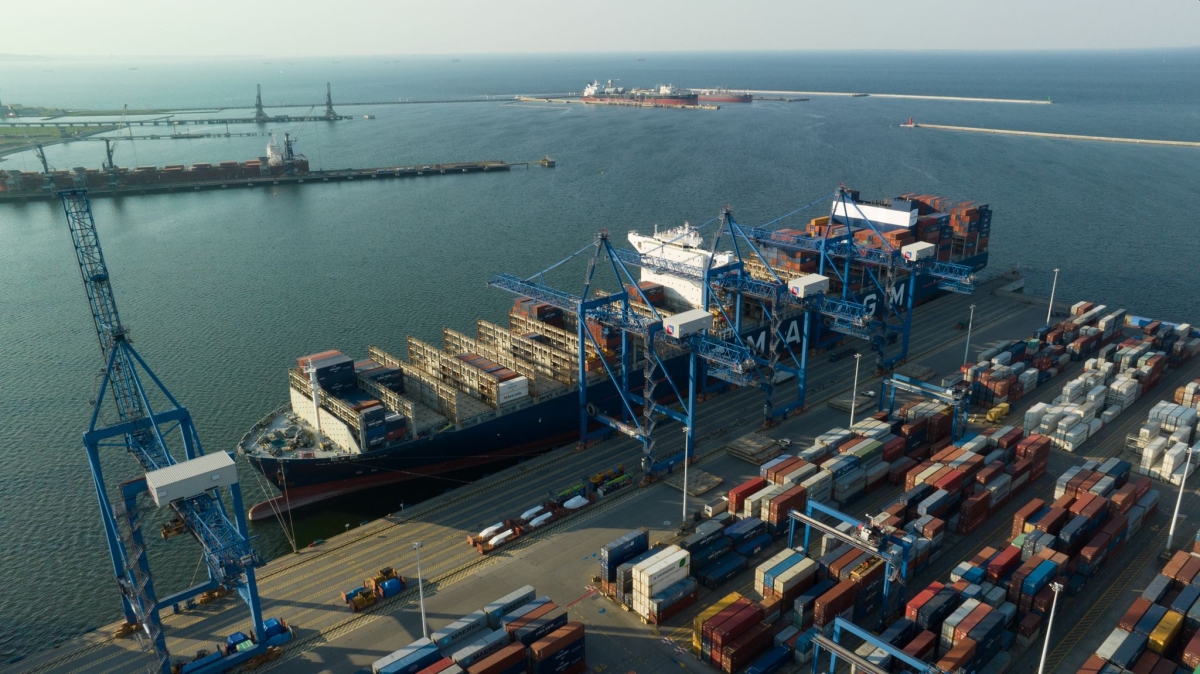
Jan Van Mossevelde will take over as CEO of Baltic Hub from January 1, 2025. He will replace Charles Baker, the company announced on Thursday.
As
Baltic Hub, a Polish container terminal operator and member of the
PSA Group operating in the Port of Gdańsk, announced, Jan Van
Mossevelde will become the new CEO. He will take over the position
from January 1, 2025.
As
the company emphasizes, the future CEO is an experienced professional
in the industry. He currently holds a similar position at PSA Halifax
in Canada and will bring over 38 years of experience in the ports and
logistics sector to his new position. He has held senior commercial,
operational and management positions in PSA business units in
Belgium, Italy and Canada. As CEO of Baltic Hub, Van Mossevelde will
build on the terminal's strong foundations to drive its further
growth and development.
Charles Baker, current CEO of Baltic
Hub, will take up a new position as Head of Intermodal Europe at PSA
from 1 January 2025. In his new role, he will be responsible for
developing and implementing PSA’s intermodal strategy across
Europe. During his tenure as CEO of Baltic Hub, he helped deliver
significant commercial successes, increased operational capacity and
oversaw the construction of the new T3 terminal. Once completed, T3
will increase Baltic Hub’s annual capacity from 3 million to 4.5
million TEU, strengthening its position as one of the largest and
most advanced terminals in Europe. Baltic Hub was launched in 2007,
initially under the name DCT Gdańsk. It employs over 1.4 thousand
people. The total length of the terminal’s two deep-water quays is
1.3 km, which allows it to handle four vessels simultaneously. It has
a transshipment capacity of up to 3 million TEU (over 700 vessels)
per year, including the world’s largest container ships, up to 400
metres long. In 2023 alone, the terminal handled 2.05 million TEU.
In
addition to the construction of the T3 terminal, work on the T5
terminal has been underway since November of this year. It will serve
as an installation terminal for offshore wind farms. The investment
is to be completed within 1.5 years. After completion of the works,
two quays with a total length of 800 meters, as well as a Ro-Ro ramp,
will be available for installation vessels and others involved in
work at sea. The terminal will also include assembly and storage
yards with high load-bearing capacity for wind tower elements. The
depth of the quays will reach up to 17.5 meters.


